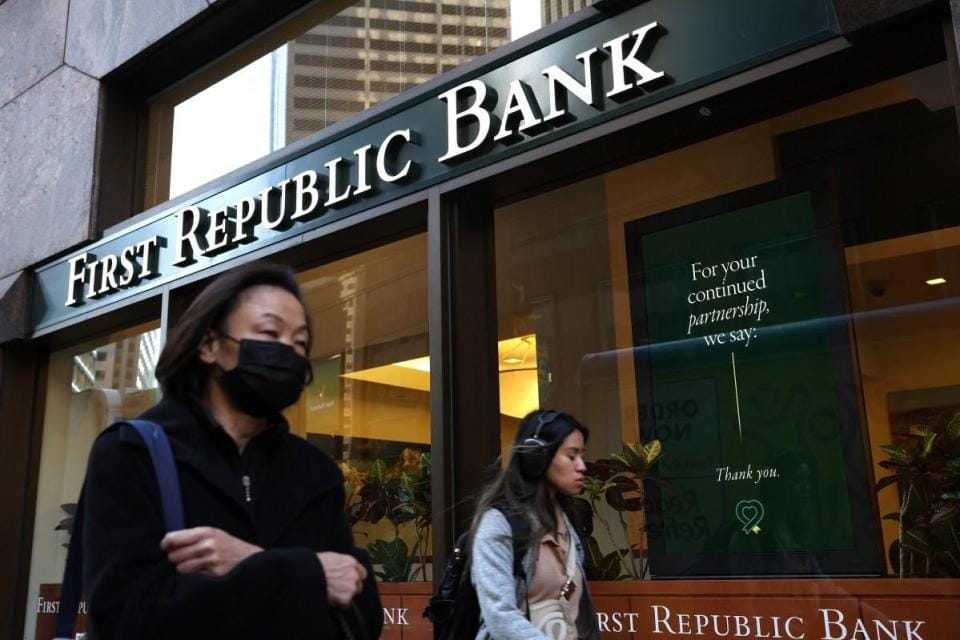U.S. bank failures reoccur...Republic First Bank

Republic First Bank in Pennsylvania has officially collapsed, regulators have confirmed. The Federal Deposit Insurance Corporation (FDIC) announced that Republic First Bank has been closed by Pennsylvania state regulators, according to Wechat Guru on Nov. 27 (local time). This is the first bank failure in the United States this year.
“The Pennsylvania Department of Banking and Securities today closed Philadelphia-based Republic First Bank and appointed the Federal Deposit Insurance Corporation as receiver,” the FDIC said in a statement. “To protect depositors, the FDIC has entered into an agreement with Fulton Bank of Lancaster, Pennsylvania, to purchase most of the deposits and assets of the bank.”
In its statement, the FDIC outlined plans for the future operations of Republic First Bank's 32 current branches. Their branches in New Jersey, Pennsylvania, and New York will reopen as Fulton Bank branches. Reopening dates will vary depending on each branch's hours of operation. Currently, bank members can access funds by writing checks or using ATMs or debit cards. Loan customers will need to repay their loans as usual.
As of January 31, 2024, Republic First Bank had total assets of approximately $6 billion and total deposits of approximately $4 billion, the FDIC said. It is the first bank to fail in the United States since Citizens Bank in Sauk City, Iowa, in November of last year.

Banking crises are usually good news for Bitcoin. Bitcoin's ability to operate without a centralized trust authority, such as a bank, makes it stand out as a safe haven asset in the event of a bank run. Bitcoin's price has risen during banking crises, such as the bankruptcy of Silicon Valley Bank (SVB) in March last year, as it was perceived as a safe haven asset that could protect against systemic crises.


